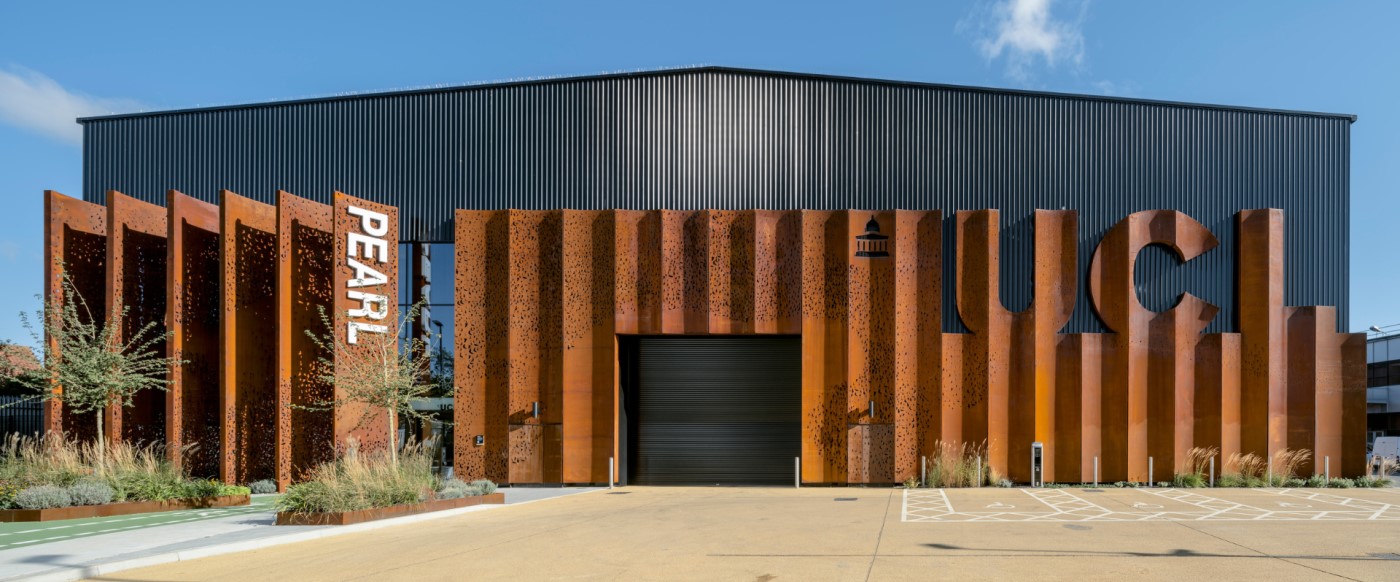Leads: Prof Peter Jones, Prof Nicola Christie
This work stream addresses the research question “What new interventions can help achieve the transformations in human perception and behaviour, without which the transition to Net Zero cannot occur?”
Successful transitions require acceptance by people, not only of the transition itself but also its perceived implications for ongoing quality of life. Perceptions driving human acceptance arise from the predictive coding capabilities of the human brain, based on prior lived experience coupled with the temporal analysis of the multisensorial stimuli informing about the present state of the ambient world. The UKCRIC-UCL Person-Environment-Activity Research Laboratory (PEARL) enables us uniquely to study these interactions from the level of the neuron through to the redesign of the built environment including buildings, vehicles, people and infrastructure. Thus we can test proposed interventions for their intra- and inter-actions within and between people and the environment, examining the effects on physical, physiological, neurological and mental health. The approach has informed the design of new London Underground Piccadilly Line trains and issues such as thermal comfort in buses (PEARL design specifications are now mandatory for all new buses in London), crowding, lighting and sound/noise environments.
While Case Studies will provide in-depth analysis of recent/current interventions/policies, this work stream will investigate identified knowledge gaps through Pilot Interventions (PI), designed taking account of the early findings of HLTH, implemented and evaluated within the lifetime of the Hub. Pilot Interventions will be designed, appraised and evaluated using the systems-based transdisciplinary conceptual framework and evaluation framework as well as the insights from the Peoples Panel on evaluation of the Case studies .
Welcome to PEARL | Person Environment Activity Research Laboratory – UCL – University College London

